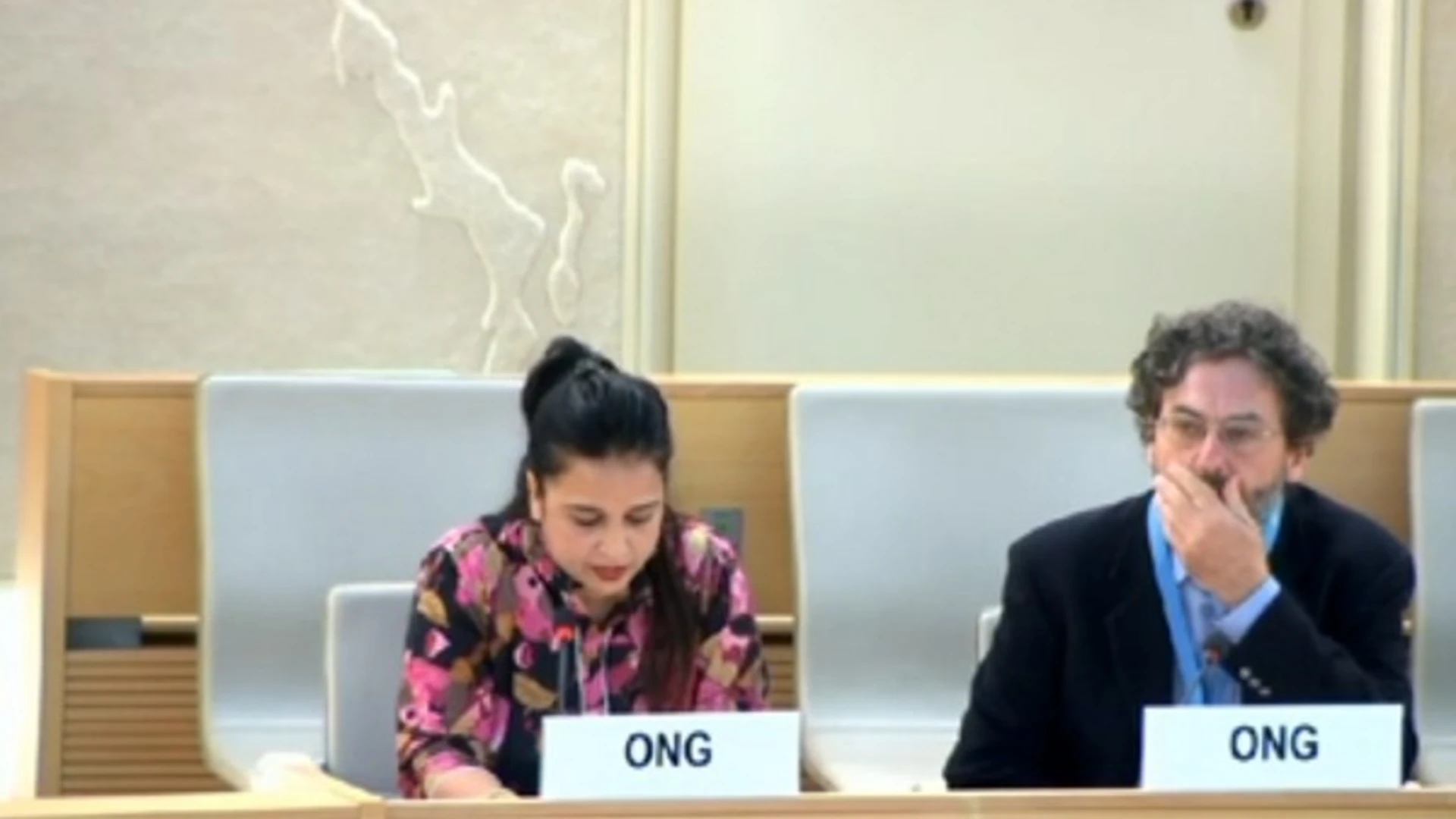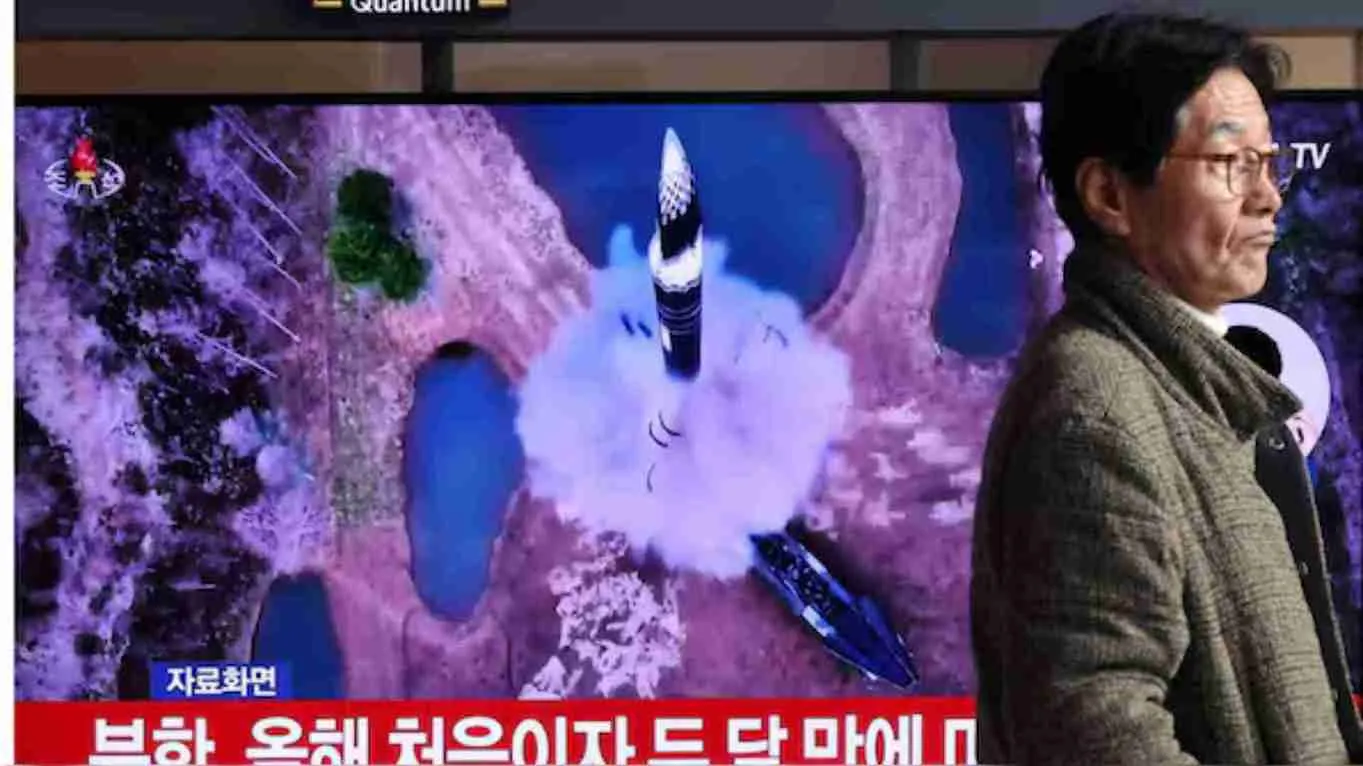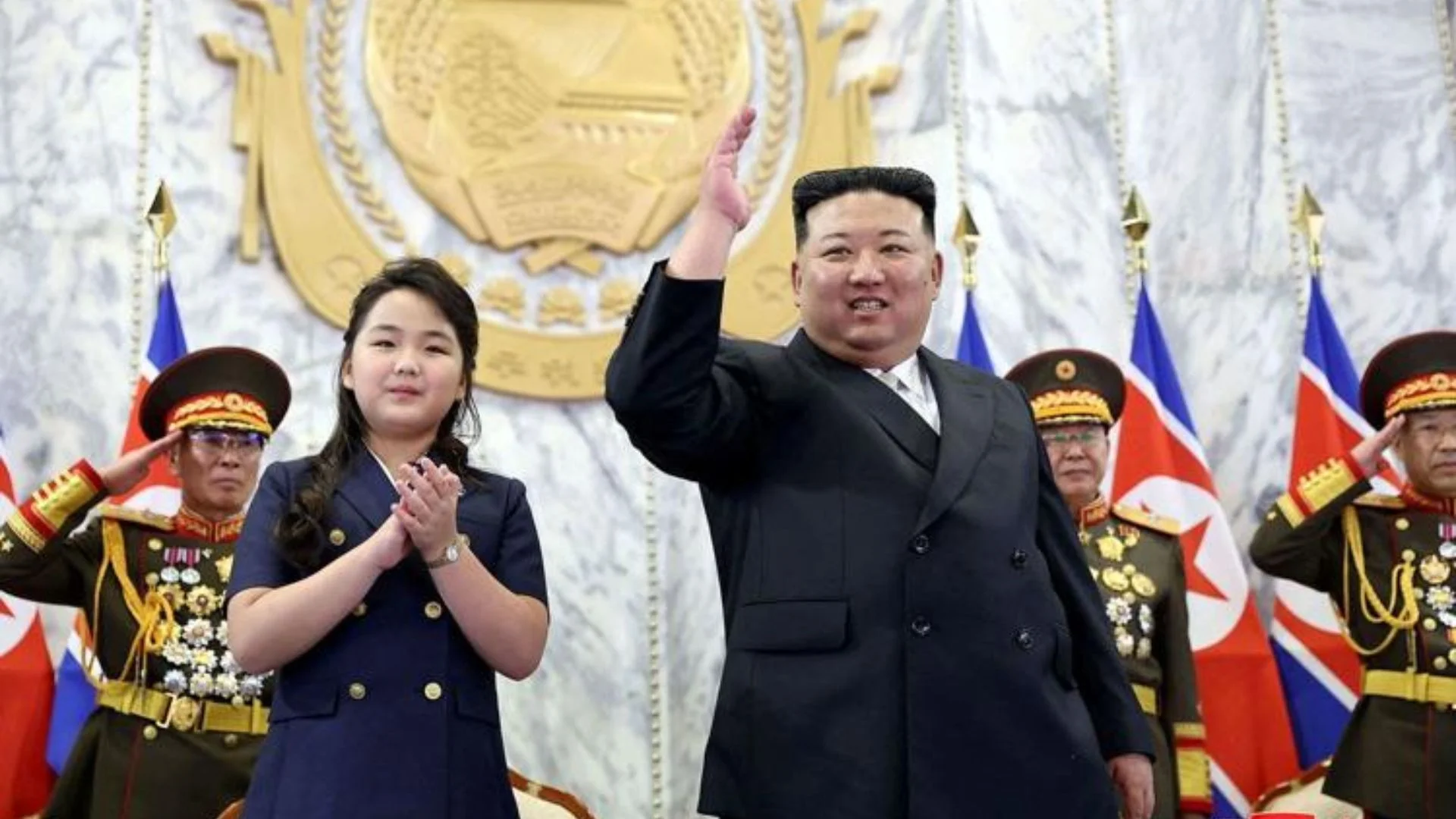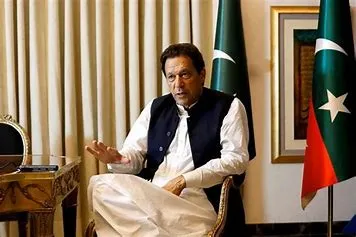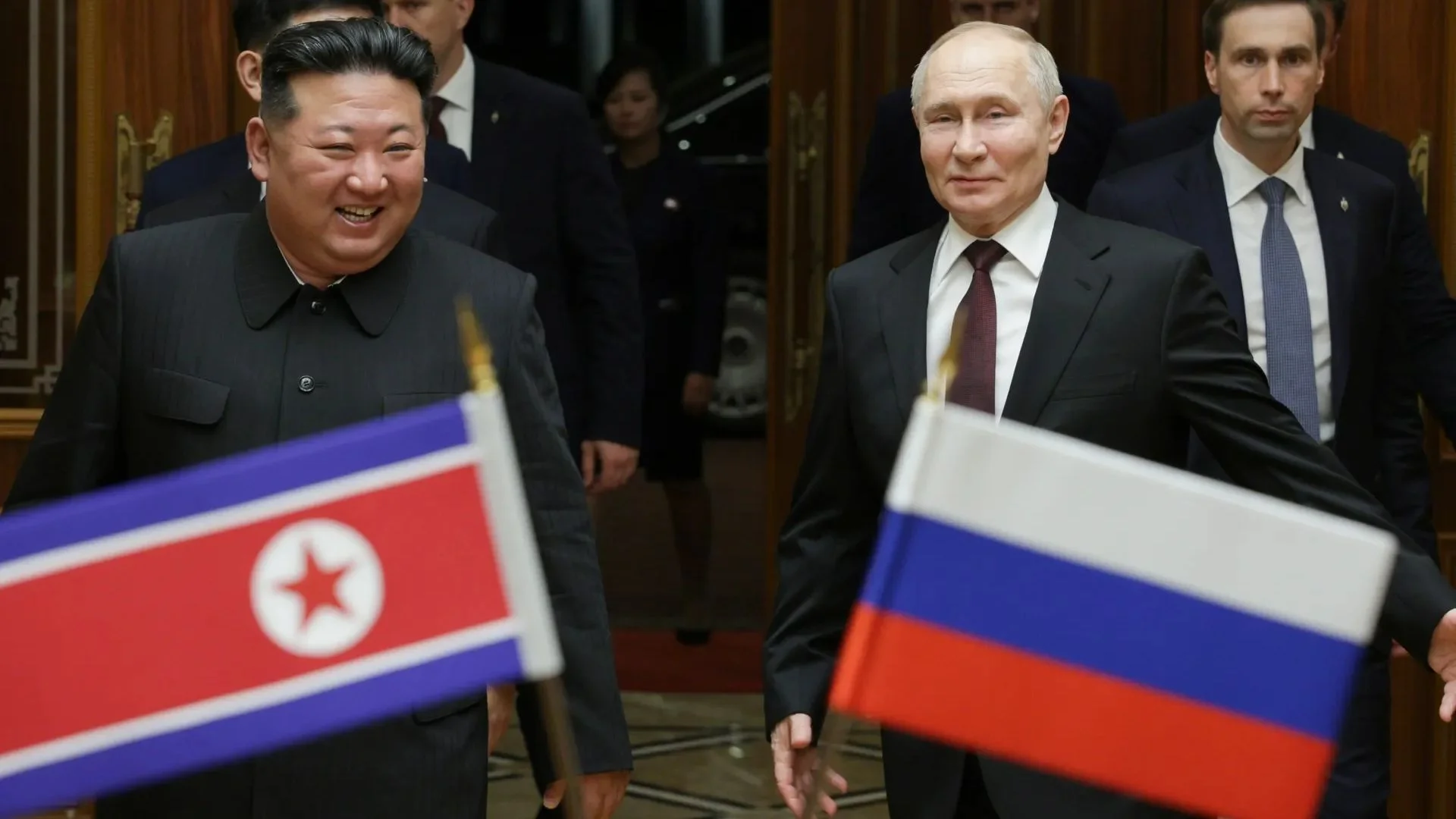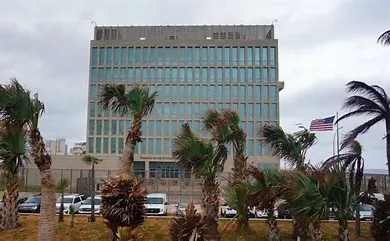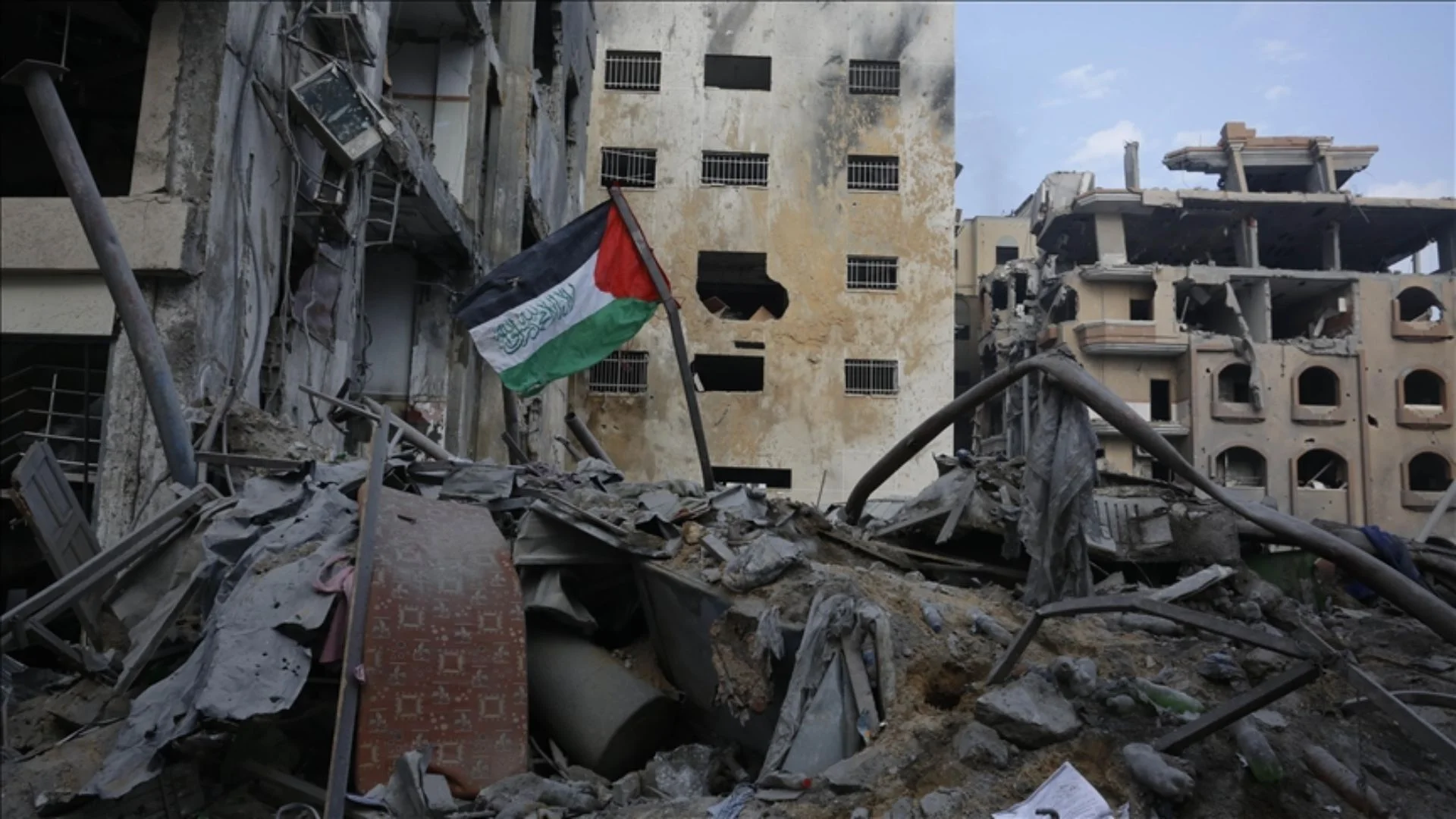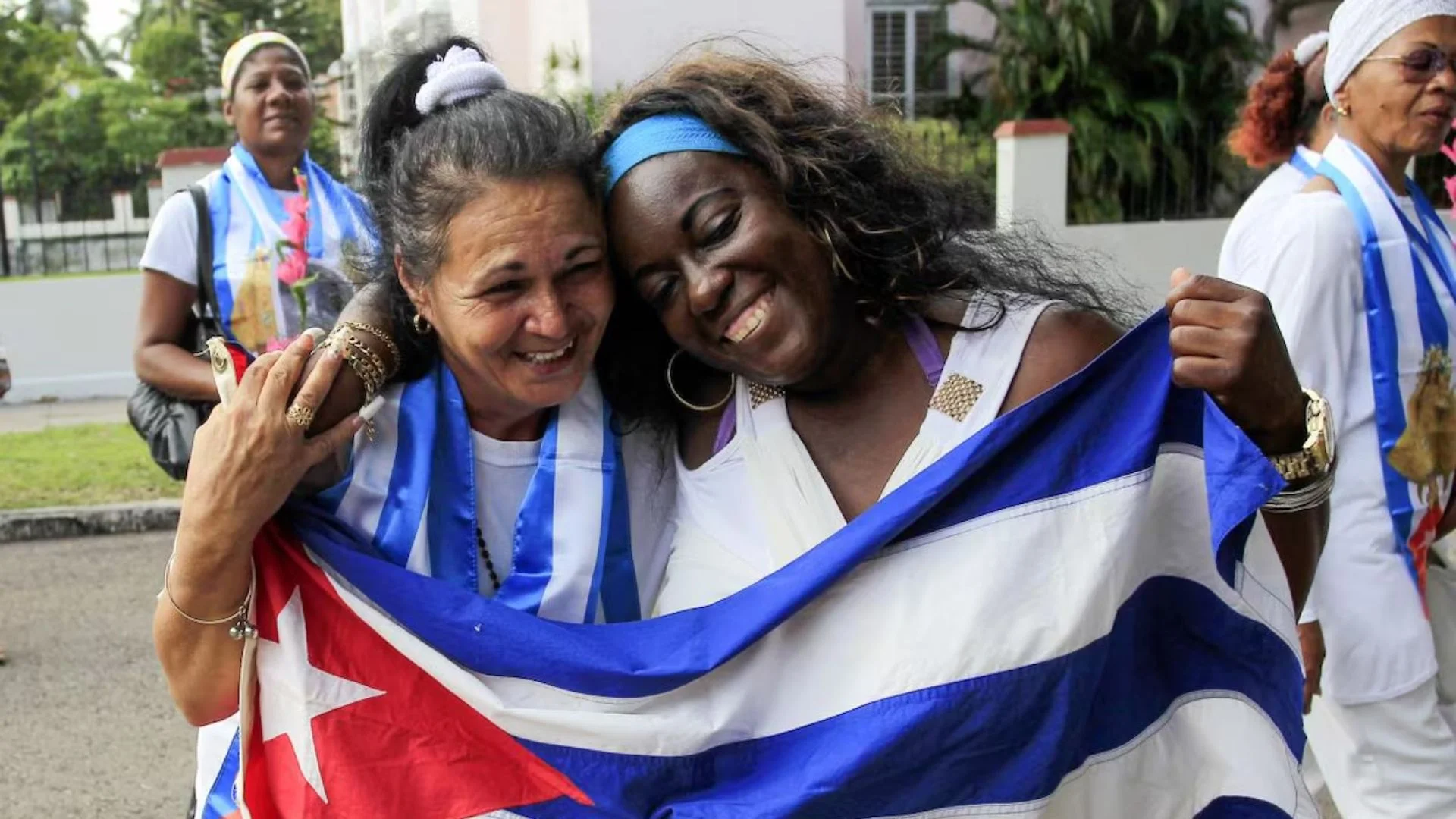At the 57th session of the United Nations Human Rights Council (UNHRC) in Geneva, Faiza Rifat, a Muslim woman from Jaipur, Rajasthan, expressed her support for India’s Citizenship Amendment Act (CAA). Rifat highlighted the CAA’s aim to provide a pathway to citizenship for religious minorities from Afghanistan, Bangladesh, and Pakistan, specifically benefiting Hindus, Sikhs, Buddhists, Jains, Parsis, and Christians who entered India before December 31, 2014.
Rifat emphasised that the CAA addresses a pressing need by offering refuge and legal status to those who have faced persecution in their home countries. She pointed to recent incidents in Bangladesh, where the Hindu minority continues to experience targeted violence, arguing that the CAA is crucial in providing these individuals a safer environment and a chance to live with dignity.
She also explained that the CAA helps distinguish between genuine refugees fleeing persecution and illegal immigrants. This distinction allows the Indian government to grant citizenship to those with legitimate claims while curbing illegal migration. According to Rifat, this measure helps the government more effectively tackle illegal activities, including drug trafficking in sensitive border areas.
Also read: First Indian Citizenship in Goa Granted Under CAA to Christian Senior Citizen from Pakistan
Despite the ongoing debate around the CAA, Rifat emphasised its humanitarian aspect, describing it as a protective measure for vulnerable minorities. She stressed the importance of the CAA in safeguarding these groups and contributing to India’s broader goals of security and social stability.

